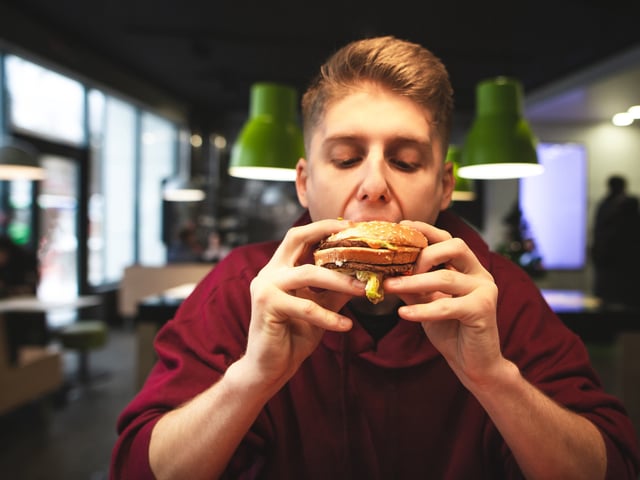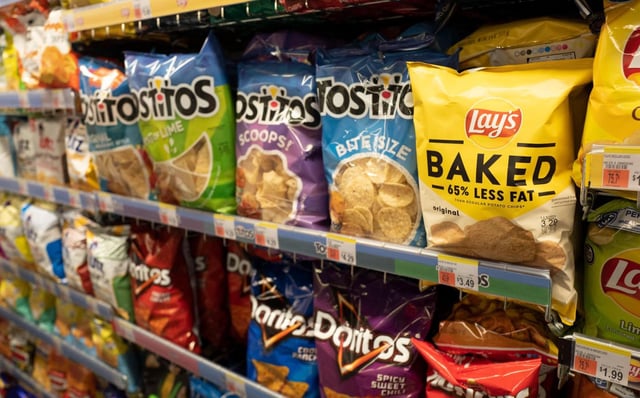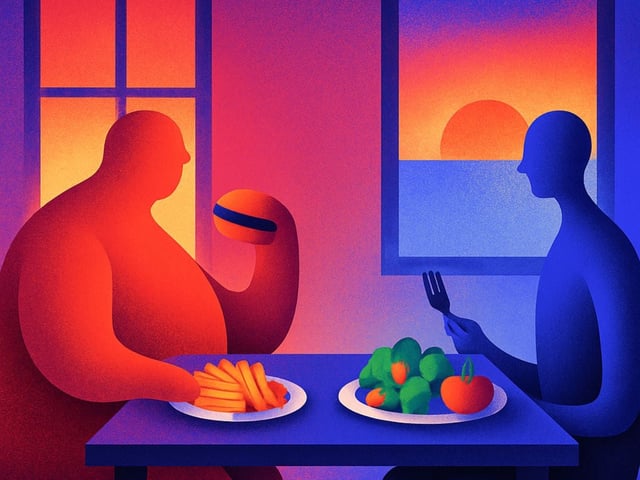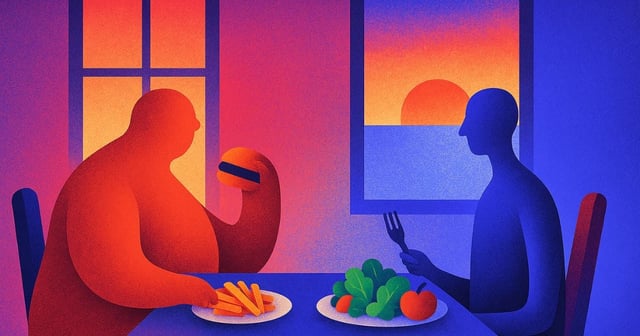Overview
- Participants in a crossover trial led by University College London lost an average of 2.06% of their body weight on a minimally processed diet compared to 1.05% on an ultraprocessed diet over eight weeks.
- The minimally processed diet prompted a spontaneous reduction of approximately 290 daily calories versus 120 calories on the ultraprocessed regimen.
- Weight loss on the real-food diet was driven primarily by fat and water loss with no measurable decline in muscle mass.
- A CDC report covering August 2021 to August 2023 found that ultraprocessed products account for about 55% of Americans’ daily calorie intake, rising to nearly 62% among those under 18.
- The FDA and USDA have issued a request for information to establish a uniform definition of ultraprocessed foods for clearer policy and regulation.



